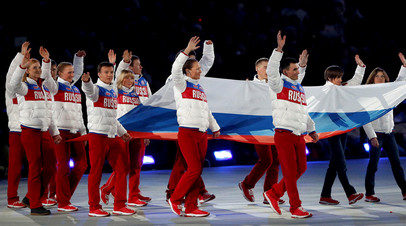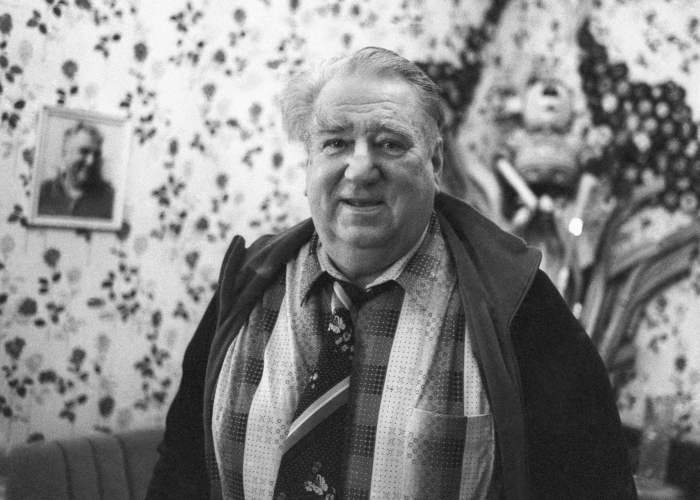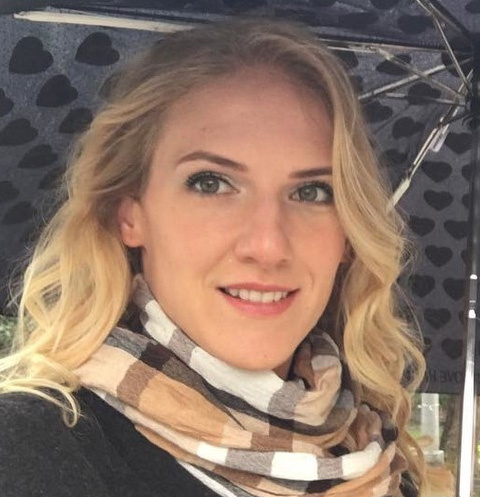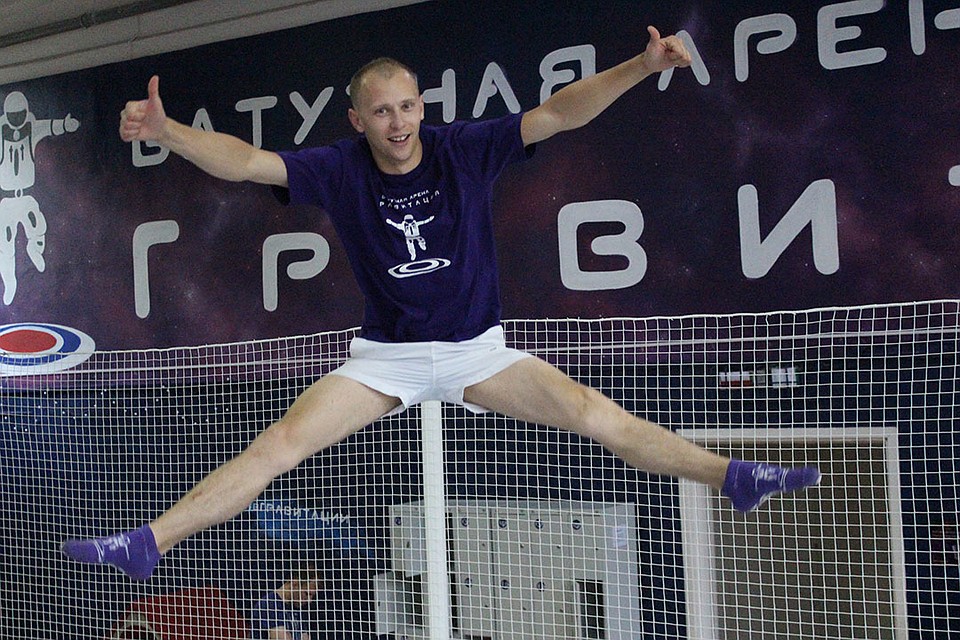Бочарова, Нина Антоновна. Бочарова нина
Бочарова Нина Антоновна Википедия
В Википедии есть статьи о других людях с фамилией Бочарова.| Нина Бочарова | |||||||||||||||||||||||
| СССР СССР (1924—1991)Украина Украина (с 1991) | |||||||||||||||||||||||
| женский | |||||||||||||||||||||||
| Нина Антоновна Бочарова | |||||||||||||||||||||||
| 24 сентября 1924(1924-09-24) (93 года) | |||||||||||||||||||||||
| |||||||||||||||||||||||
| М. Д. Дмитриев | |||||||||||||||||||||||
| |||||||||||||||||||||||
Нина Антоновна Бочарова (род. 1924, Полтавская область, УССР, СССР) — украинская советская гимнастка, олимпийская чемпионка. Заслуженный мастер спорта СССР по спортивной гимнастике (1952).
Содержание
- 1 Биография
- 2 Достижения
- 3 Примечания
- 4 Ссылки
Биография[ | код]
Родилась 24 сентября 1924 в селе Супруновка Полтавской области Украинской ССР.
Окончила в 1948 году Киевский институт физической культуры (ныне Национальный университет физического воспитания и спорта Украины), тренер-преподаватель. Выступала за «Строитель» (Киев). Тренер — Михаил Дмитриев.[1]
ru-wiki.ru
Нина Бочарова Википедия
В Википедии есть статьи о других людях с фамилией Бочарова.| Нина Бочарова | |||||||||||||||||||||||
| СССР СССР (1924—1991)Украина Украина (с 1991) | |||||||||||||||||||||||
| женский | |||||||||||||||||||||||
| Нина Антоновна Бочарова | |||||||||||||||||||||||
| 24 сентября 1924(1924-09-24) (93 года) | |||||||||||||||||||||||
| |||||||||||||||||||||||
| М. Д. Дмитриев | |||||||||||||||||||||||
| |||||||||||||||||||||||
Нина Антоновна Бочарова (род. 1924, Полтавская область, УССР, СССР) — украинская советская гимнастка, олимпийская чемпионка. Заслуженный мастер спорта СССР по спортивной гимнастике (1952).
Содержание
- 1 Биография
- 2 Достижения
- 3 Примечания
- 4 Ссылки
Биография[ | код]
Родилась 24 сентября 1924 в селе Супруновка Полтавской области Украинской ССР.
Окончила в 1948 году Киевский институт физической культуры (ныне Национальный университет физического воспитания и спорта Украины), тренер-преподаватель. Выступала за «Строитель» (Киев). Тренер — Михаил Дмитриев.[1]
Награждена
ru-wiki.ru
Бочарова, Нина Антоновна - Вики
В Википедии есть статьи о других людях с фамилией Бочарова.| Нина Бочарова | |||||||||||||||||||||||
| СССР СССР (1924—1991)Украина Украина (с 1991) | |||||||||||||||||||||||
| женский | |||||||||||||||||||||||
| Нина Антоновна Бочарова | |||||||||||||||||||||||
| 24 сентября 1924(1924-09-24) (93 года) | |||||||||||||||||||||||
| |||||||||||||||||||||||
| М. Д. Дмитриев | |||||||||||||||||||||||
| |||||||||||||||||||||||
Нина Антоновна Бочарова (род. 1924, Полтавская область, УССР, СССР) — украинская советская гимнастка, олимпийская чемпионка. Заслуженный мастер спорта СССР по спортивной гимнастике (1952).
ru.wikiredia.com
Бочарова Нина Федоровна - Учительский сайт
Бочарова Нина Федоровна
- учитель
- ГБОУ Школа № 2097 г.Москвы
- Россия
- 16.07.1951
Категории по интересам:
Учитель химии, работаю в ГБОУ Школа № 2097. Очень люблю путешествовать. Регулярно участвую в конкурсах как для учителей, так и для учащихся. Постоянно повышаю свой профессионализм с помощью различных курсов повышения квалификации, семинаров, городских педагогических чтений и вебинаров. Занимаюсь общественной деятельностью Учитель химии, работаю в ГБОУ Школа № 2097. Очень люблю путешествовать. Регулярно участвую в конкурсах как для учителей, так и для учащихся. Постоянно повышаю свой профессионализм с помощью различн...infourok.ru
Бочарова, Нина Антоновна - WikiVisually
1. Союз Советских Социалистических Республик – The Soviet Union, officially the Union of Soviet Socialist Republics was a socialist state in Eurasia that existed from 1922 to 1991. It was nominally a union of national republics, but its government. The Soviet Union had its roots in the October Revolution of 1917 and this established the Russian Socialist Federative Soviet Republic and started the Russian Civil War between the revolutionary Reds and the counter-revolutionary Whites. In 1922, the communists were victorious, forming the Soviet Union with the unification of the Russian, Transcaucasian, Ukrainian, following Lenins death in 1924, a collective leadership and a brief power struggle, Joseph Stalin came to power in the mid-1920s. Stalin suppressed all opposition to his rule, committed the state ideology to Marxism–Leninism. As a result, the country underwent a period of rapid industrialization and collectivization which laid the foundation for its victory in World War II and postwar dominance of Eastern Europe. Shortly before World War II, Stalin signed the Molotov–Ribbentrop Pact agreeing to non-aggression with Nazi Germany, in June 1941, the Germans invaded the Soviet Union, opening the largest and bloodiest theater of war in history. Soviet war casualties accounted for the highest proportion of the conflict in the effort of acquiring the upper hand over Axis forces at battles such as Stalingrad. Soviet forces eventually captured Berlin in 1945, the territory overtaken by the Red Army became satellite states of the Eastern Bloc. The Cold War emerged by 1947 as the Soviet bloc confronted the Western states that united in the North Atlantic Treaty Organization in 1949. Following Stalins death in 1953, a period of political and economic liberalization, known as de-Stalinization and Khrushchevs Thaw, the country developed rapidly, as millions of peasants were moved into industrialized cities. The USSR took a lead in the Space Race with Sputnik 1, the first ever satellite, and Vostok 1. In the 1970s, there was a brief détente of relations with the United States, the war drained economic resources and was matched by an escalation of American military aid to Mujahideen fighters. In the mid-1980s, the last Soviet leader, Mikhail Gorbachev, sought to reform and liberalize the economy through his policies of glasnost. The goal was to preserve the Communist Party while reversing the economic stagnation, the Cold War ended during his tenure, and in 1989 Soviet satellite countries in Eastern Europe overthrew their respective communist regimes. This led to the rise of strong nationalist and separatist movements inside the USSR as well, in August 1991, a coup détat was attempted by Communist Party hardliners. It failed, with Russian President Boris Yeltsin playing a role in facing down the coup. On 25 December 1991, Gorbachev resigned and the twelve constituent republics emerged from the dissolution of the Soviet Union as independent post-Soviet states
2. Украина – Ukraine is currently in territorial dispute with Russia over the Crimean Peninsula which Russia annexed in 2014 but which Ukraine and most of the international community recognise as Ukrainian. Including Crimea, Ukraine has an area of 603,628 km2, making it the largest country entirely within Europe and it has a population of about 42.5 million, making it the 32nd most populous country in the world. The territory of modern Ukraine has been inhabited since 32,000 BC, during the Middle Ages, the area was a key centre of East Slavic culture, with the powerful state of Kievan Rus forming the basis of Ukrainian identity. Following its fragmentation in the 13th century, the territory was contested, ruled and divided by a variety of powers, including Lithuania, Poland, the Ottoman Empire, Austria-Hungary, and Russia. A Cossack republic emerged and prospered during the 17th and 18th centuries, two brief periods of independence occurred during the 20th century, once near the end of World War I and another during World War II. Before its independence, Ukraine was typically referred to in English as The Ukraine, following independence, Ukraine declared itself a neutral state. Nonetheless it formed a limited partnership with the Russian Federation and other CIS countries. In the 2000s, the government began leaning towards NATO, and it was later agreed that the question of joining NATO should be answered by a national referendum at some point in the future. Former President Viktor Yanukovych considered the current level of co-operation between Ukraine and NATO sufficient, and was against Ukraine joining NATO and these events formed the background for the annexation of Crimea by Russia in March 2014, and the War in Donbass in April 2014. On 1 January 2016, Ukraine applied the economic part of the Deep, Ukraine has long been a global breadbasket because of its extensive, fertile farmlands and is one of the worlds largest grain exporters. The diversified economy of Ukraine includes a heavy industry sector, particularly in aerospace. Ukraine is a republic under a semi-presidential system with separate powers, legislative, executive. Its capital and largest city is Kiev, taking into account reserves and paramilitary personnel, Ukraine maintains the second-largest military in Europe after that of Russia. Ukrainian is the language and its alphabet is Cyrillic. The dominant religion in the country is Eastern Orthodoxy, which has strongly influenced Ukrainian architecture, literature, there are different hypotheses as to the etymology of the name Ukraine. According to the older and most widespread hypothesis, it means borderland, while more recently some studies claim a different meaning, homeland or region. The Ukraine now implies disregard for the sovereignty, according to U. S. ambassador William Taylor. Neanderthal settlement in Ukraine is seen in the Molodova archaeological sites include a mammoth bone dwelling
3. Летние Олимпийские игры 1952 – The 1952 Summer Olympics, officially known as the Games of the XV Olympiad, were an international multi-sport event held in Helsinki, Finland, in 1952. Helsinki had been selected to host the 1940 Summer Olympics. It is the northernmost city at which a summer Olympic Games have been held and it was also the Olympic Games at which the most number of world records were broken until surpassed by the 2008 Summer Olympics in Beijing. The Soviet Union, the Peoples Republic of China, Indonesia, Israel, Thailand, Helsinki was chosen as the host city over bids from Amsterdam and five American cities at the 40th IOC Session on June 21,1947, in Stockholm, Sweden. Minneapolis and Los Angeles finished tied for second in the final voting, the voting results in chart below, These were the final Olympic Games organised under the IOC presidency of Sigfrid Edström. For the first time, a team from the Soviet Union participated in the Olympics, the first gold medal for the USSR was won by Nina Romashkova in the womens discus throwing event. The Soviet womens gymnastics won the first of its eight consecutive gold medals. The Jewish state had been unable to participate in the 1948 Games because of its War of Independence, a previous Palestine Mandate team had boycotted the 1936 Games in protest of the Nazi regime. Indonesia made its Olympic debut with three athletes, the PRC would not return to the Summer Olympics until Los Angeles 1984. The Republic of China withdrew from the Games on July 20, the Olympic Flame was lit by two Finnish heroes, runners Paavo Nurmi and Hannes Kolehmainen. Nurmi first lit the cauldron inside the stadium, and later the flame was relayed to the tower where Kolehmainen lit it. Only the flame in the tower was burning throughout the Olympics, hungary, a country of 9 million inhabitants, won 42 medals at these games, coming in third place behind the much more populous United States and Soviet Union. Hungarys Golden Team won the tournament, beating Yugoslavia 2–0 in the final. Germany and Japan were invited after being barred in 1948, following the post-war occupation and partition, three German states had been established. Teams from the Federal Republic of Germany and the Saarland participated, though they won 24 medals, the fifth-highest total at the Games, German competitors failed to win a gold medal for the only time. Rules in equestrianism now allowed non-military officers to compete, including women, lis Hartel of Denmark became the first woman in the sport to win a medal. Emil Zátopek of Czechoslovakia won three medals in the 5000 m,10,000 m and the Marathon. The India national field hockey team won its fifth consecutive gold, bob Mathias of the United States became the first Olympian to successfully defend his decathlon title with a total score of 7,887 points
4. Орден княгини Ольги – It was established by Presidential Decree № 827/97 of 15 August 1997 and has three grades, the first being the highest. The 1st grade medal is adorned with four rectangular amethysts and features a gilded ornament with silver parts, the two other grades also feature precious stones. Both Ukrainian citizens and foreigners are eligible for the order, the order can be rescinded by the President of Ukraine if a bearer is convicted of a serious crime
wikivisually.com









